-
 bitcoin
bitcoin $87959.907984 USD
1.34% -
 ethereum
ethereum $2920.497338 USD
3.04% -
 tether
tether $0.999775 USD
0.00% -
 xrp
xrp $2.237324 USD
8.12% -
 bnb
bnb $860.243768 USD
0.90% -
 solana
solana $138.089498 USD
5.43% -
 usd-coin
usd-coin $0.999807 USD
0.01% -
 tron
tron $0.272801 USD
-1.53% -
 dogecoin
dogecoin $0.150904 USD
2.96% -
 cardano
cardano $0.421635 USD
1.97% -
 hyperliquid
hyperliquid $32.152445 USD
2.23% -
 bitcoin-cash
bitcoin-cash $533.301069 USD
-1.94% -
 chainlink
chainlink $12.953417 USD
2.68% -
 unus-sed-leo
unus-sed-leo $9.535951 USD
0.73% -
 zcash
zcash $521.483386 USD
-2.87%
How does a crypto options contract differ from a futures contract?
Crypto options give the right but not the obligation to trade at a set price, while futures require mandatory execution, offering distinct risk and strategy implications for traders.
Jul 17, 2025 at 04:00 am
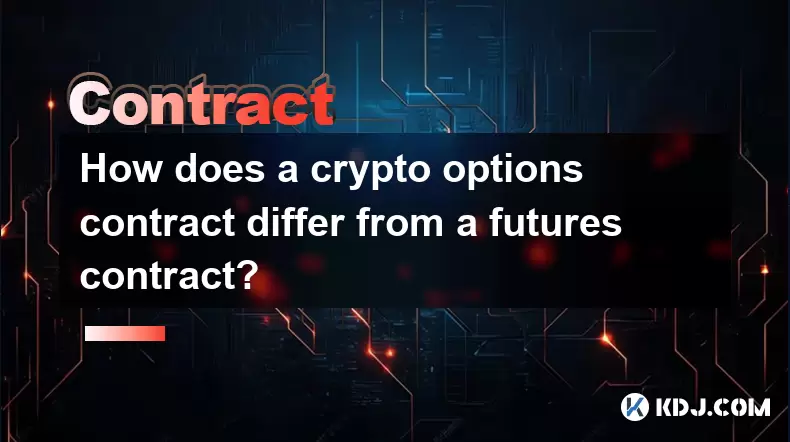
Understanding the Basics of Crypto Options Contracts
A crypto options contract gives the holder the right, but not the obligation, to buy or sell a cryptocurrency asset at a predetermined price within a specified time frame. This type of financial instrument is commonly used for hedging risks or speculating on price movements. The key feature that defines an options contract is its asymmetrical risk-reward profile.
There are two types of options: call options and put options. A call option allows the buyer to purchase the underlying asset, while a put option enables the seller to offload it. In both cases, the buyer pays a premium to the seller for this privilege. If the market moves in the buyer’s favor, they can exercise the option; otherwise, they may let it expire worthless, losing only the premium paid.
The critical distinction lies in the non-obligatory nature of options contracts — traders are not bound to execute the trade if conditions become unfavorable.
Exploring the Mechanics of Crypto Futures Contracts
In contrast, a crypto futures contract obligates both parties to transact the underlying asset at a set price and date in the future. Unlike options, futures do not provide the luxury of choice — once entered into, both the buyer and seller must fulfill their respective obligations when the contract matures.
Futures contracts are often used by institutional investors and professional traders to hedge positions or gain exposure to crypto markets without holding the actual asset. They are standardized agreements traded on exchanges, which helps ensure liquidity and transparency.
One notable characteristic of futures is leverage, allowing traders to control large positions with relatively small capital. However, leverage amplifies both gains and losses, making these instruments inherently riskier than options.
Key Differences Between Options and Futures Contracts
When comparing crypto options contracts and futures contracts, several distinctions emerge:
- Obligation vs. Right: Futures require execution upon expiration, whereas options offer flexibility.
- Premium Payments: Options buyers pay a premium, while futures traders post margin.
- Profit and Loss Structures: Options have defined risk (limited to the premium), while futures expose traders to potentially unlimited gains or losses.
- Time Sensitivity: Options lose value as they approach expiration (time decay), while futures are more sensitive to spot price changes.
These structural differences influence how traders deploy each instrument in their strategies.
Risk Management Implications in Crypto Derivatives Trading
Risk management plays a pivotal role in deciding between options contracts and futures contracts. Traders using options can cap their downside by paying a fixed premium. For instance, buying a put option protects against downside risk in a long crypto position.
Conversely, futures contracts require active risk monitoring due to margin calls and liquidation risks. If the market moves sharply against a leveraged futures position, the trader might be forced to add more funds or face automatic liquidation.
Hedgers often prefer options when seeking protection without committing to a transaction. On the other hand, arbitrageurs and directional traders lean toward futures because of their linear payoff structure and higher liquidity.
- Options allow selective participation in favorable market moves
- Futures enforce commitment regardless of market conditions
- Margin requirements differ significantly between the two instruments
Pricing Models and Market Dynamics
Pricing a crypto options contract involves complex models like Black-Scholes or binomial trees. These models consider factors such as volatility, time to expiration, strike price, and the current price of the underlying asset.
On the other hand, futures contracts derive their pricing from the expected future value of the underlying asset, adjusted for funding rates, interest costs, and convenience yields. Their prices tend to converge with the spot price as the expiration date nears.
Market makers in options trading focus heavily on implied volatility, which directly affects the premium. Higher volatility increases option premiums, making them more expensive. Futures markets, however, emphasize contango and backwardation dynamics — where futures prices are either above or below the expected future spot price.
Volatility plays a central role in options pricing, while convergence and carry costs dominate futures valuation.
Use Cases and Strategic Applications
Traders choose between options contracts and futures contracts based on strategic goals. For example:
- Protective puts are used alongside long crypto holdings to limit downside.
- Covered calls generate income in sideways markets.
- Futures are ideal for those seeking full exposure without owning the asset outright.
Arbitrageurs frequently exploit mispricings between futures and spot markets. Meanwhile, speculative traders use options to bet on volatility without predicting price direction accurately.
- Options suit traders who want controlled risk exposure
- Futures cater to those comfortable with mandatory settlement
- Leverage availability differs across platforms and jurisdictions
Frequently Asked Questions
Q1: Can I close out a crypto options or futures contract before expiration?Yes, both options and futures contracts can typically be closed before expiration by taking an offsetting position. In options, you can sell the contract you bought or buy back a sold contract. Similarly, in futures, you can reverse your position to exit early.
Q2: Are crypto options and futures available on all major exchanges?Not all exchanges offer both products. Major derivatives exchanges like Binance, Deribit, and OKX support both crypto options and futures, but availability depends on regional regulations and platform policies.
Q3: How does margin work in options versus futures trading?In options trading, buyers pay a premium upfront and aren't required to maintain margin unless they're writing (selling) options. In futures, traders must maintain initial and maintenance margin levels throughout the life of the contract.
Q4: What happens if I hold a crypto options contract until expiration?If in-the-money, the contract will usually be automatically exercised, resulting in a cash or asset settlement depending on the exchange's rules. Out-of-the-money options expire worthless, and the buyer loses the premium paid.
Disclaimer:info@kdj.com
The information provided is not trading advice. kdj.com does not assume any responsibility for any investments made based on the information provided in this article. Cryptocurrencies are highly volatile and it is highly recommended that you invest with caution after thorough research!
If you believe that the content used on this website infringes your copyright, please contact us immediately (info@kdj.com) and we will delete it promptly.
- US Government's Bitcoin Stance Steadies Crypto's Wild Ride Amid Market Volatility
- 2026-02-05 19:05:01
- Bear Market Scenarios Unpacked: Analyst PlanB's Insights and Market Outlook
- 2026-02-05 19:00:02
- ZKsync Price Manipulation Probe on Upbit Sparks Regulatory Scrutiny in South Korea
- 2026-02-05 19:00:02
- FxWirePro, Trending Coins, and CoinGecko Insights: Navigating the Crypto Landscape
- 2026-02-05 19:15:01
- Binance Dominates Crypto Reserves with $155B PoR, Bolstering User Trust
- 2026-02-05 19:10:01
- Stablecoins, MiCA, and the Evolving Financial System: A New Era Dawns
- 2026-02-05 19:10:01
Related knowledge

How to Manage Emotions and "Revenge Trading" in Futures?
Feb 05,2026 at 12:19am
Understanding Emotional Triggers in Futures Markets1. Market volatility directly impacts psychological states, often amplifying fear or euphoria based...
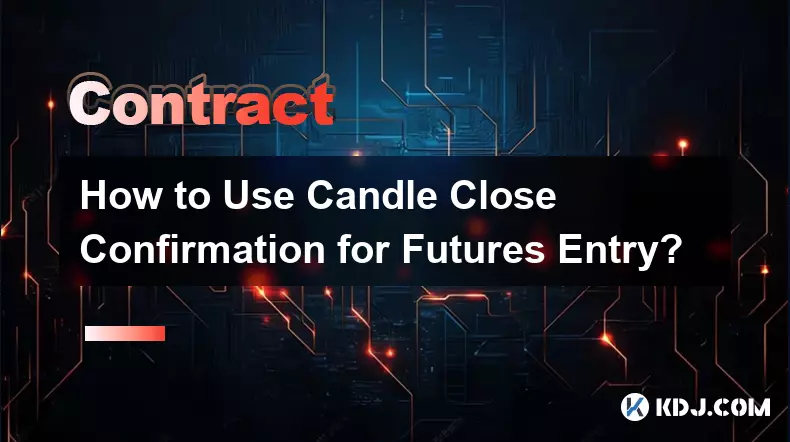
How to Use Candle Close Confirmation for Futures Entry?
Feb 05,2026 at 04:20pm
Understanding Candle Close Confirmation1. A candle close confirmation occurs when the final price of a candlestick settles beyond a predefined level, ...

How to Analyze Market Sentiment Using the Fear and Greed Index?
Feb 05,2026 at 07:40am
Understanding the Fear and Greed Index1. The Fear and Greed Index is a composite metric designed to quantify prevailing emotional states among cryptoc...
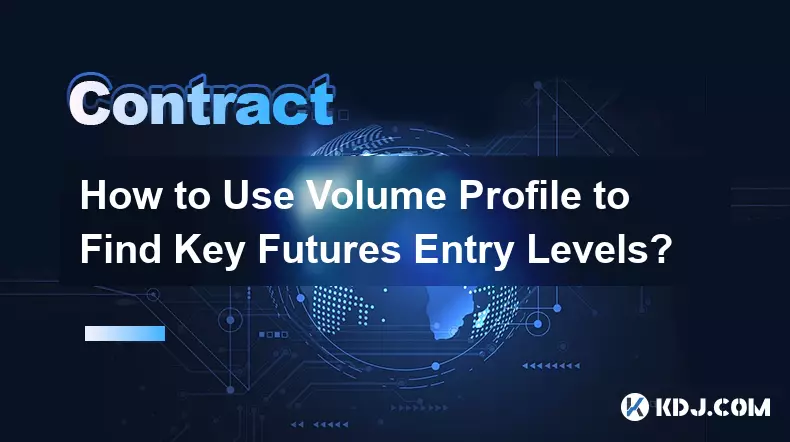
How to Use Volume Profile to Find Key Futures Entry Levels?
Feb 04,2026 at 11:39pm
Understanding Volume Profile Structure1. Volume Profile displays the distribution of traded volume at specific price levels over a defined time period...
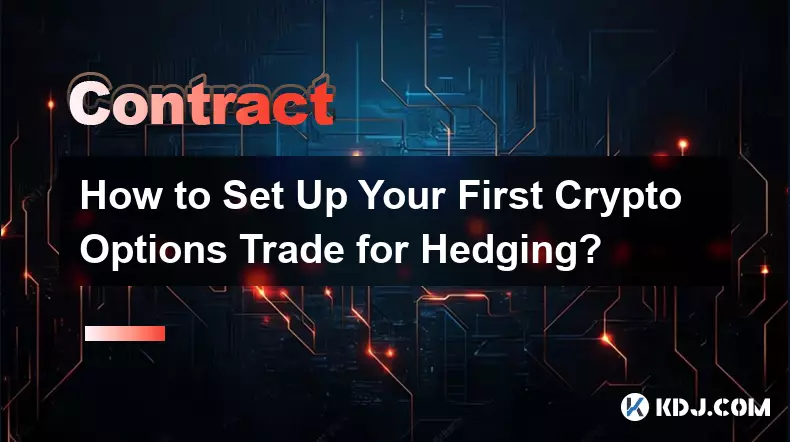
How to Set Up Your First Crypto Options Trade for Hedging?
Feb 05,2026 at 05:59pm
Market Volatility Patterns1. Price swings exceeding 15% within a 24-hour window occur regularly across major cryptocurrencies including Bitcoin and Et...
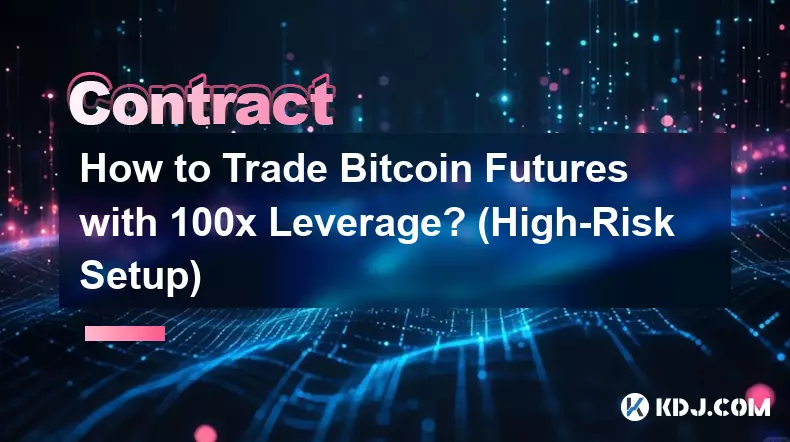
How to Trade Bitcoin Futures with 100x Leverage? (High-Risk Setup)
Feb 05,2026 at 11:00am
Understanding Bitcoin Futures Mechanics1. Bitcoin futures contracts represent agreements to buy or sell BTC at a predetermined price and date in the f...

How to Manage Emotions and "Revenge Trading" in Futures?
Feb 05,2026 at 12:19am
Understanding Emotional Triggers in Futures Markets1. Market volatility directly impacts psychological states, often amplifying fear or euphoria based...

How to Use Candle Close Confirmation for Futures Entry?
Feb 05,2026 at 04:20pm
Understanding Candle Close Confirmation1. A candle close confirmation occurs when the final price of a candlestick settles beyond a predefined level, ...

How to Analyze Market Sentiment Using the Fear and Greed Index?
Feb 05,2026 at 07:40am
Understanding the Fear and Greed Index1. The Fear and Greed Index is a composite metric designed to quantify prevailing emotional states among cryptoc...

How to Use Volume Profile to Find Key Futures Entry Levels?
Feb 04,2026 at 11:39pm
Understanding Volume Profile Structure1. Volume Profile displays the distribution of traded volume at specific price levels over a defined time period...

How to Set Up Your First Crypto Options Trade for Hedging?
Feb 05,2026 at 05:59pm
Market Volatility Patterns1. Price swings exceeding 15% within a 24-hour window occur regularly across major cryptocurrencies including Bitcoin and Et...

How to Trade Bitcoin Futures with 100x Leverage? (High-Risk Setup)
Feb 05,2026 at 11:00am
Understanding Bitcoin Futures Mechanics1. Bitcoin futures contracts represent agreements to buy or sell BTC at a predetermined price and date in the f...
See all articles























![KING vs PAINIFY😳 (1v1 ZONEWARS) [FORTNITE TOKEN/WAGER] KING vs PAINIFY😳 (1v1 ZONEWARS) [FORTNITE TOKEN/WAGER]](/uploads/2026/02/05/cryptocurrencies-news/videos/origin_6984035326d58_image_500_375.webp)
![2/4 [U.S. Hot Search] CIA: Xi Jinping is a paranoid | Xi Jinping’s two phone calls | Shandong’s “Internet-addicted” teenagers rebelled against tyranny | A direct attack on the Chengdu hacker national team | Why GDP must grow by 5% | The bridge under construction by the China Railway 12th Bureau collapsed | Thousands of billions of dollars spent abroad and thirty billion domestic subsidies | 2/4 [U.S. Hot Search] CIA: Xi Jinping is a paranoid | Xi Jinping’s two phone calls | Shandong’s “Internet-addicted” teenagers rebelled against tyranny | A direct attack on the Chengdu hacker national team | Why GDP must grow by 5% | The bridge under construction by the China Railway 12th Bureau collapsed | Thousands of billions of dollars spent abroad and thirty billion domestic subsidies |](/uploads/2026/02/05/cryptocurrencies-news/videos/origin_69840a757417b_image_500_375.webp)

















































